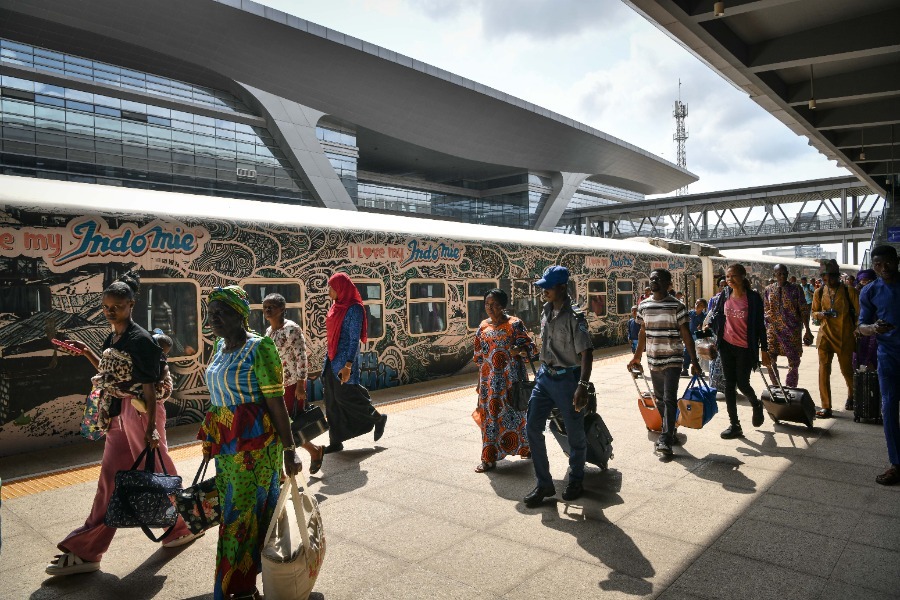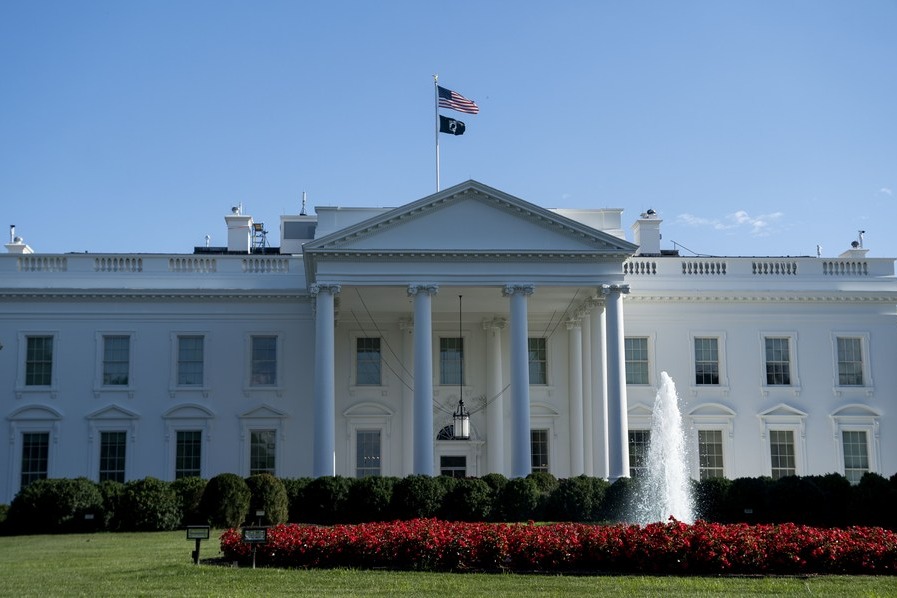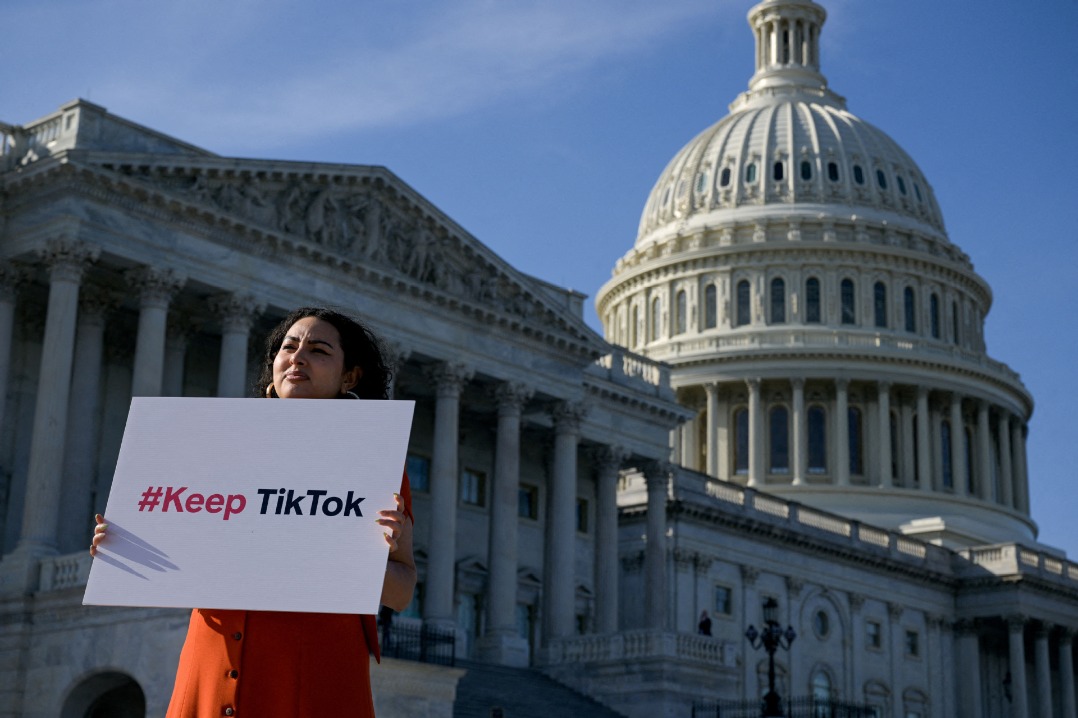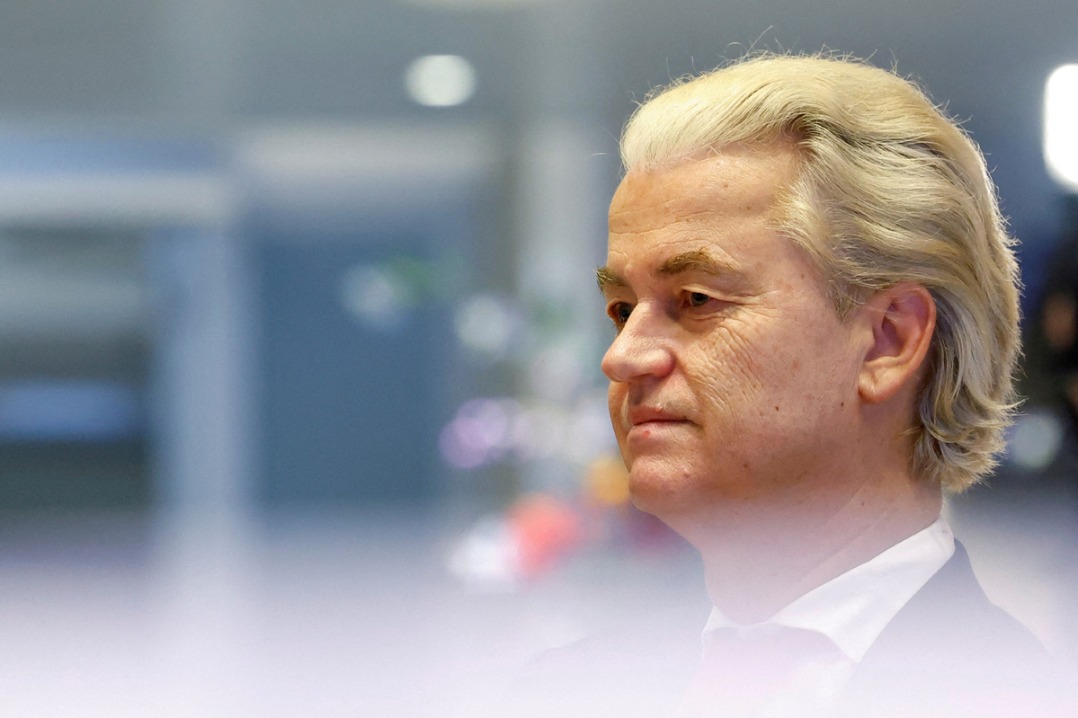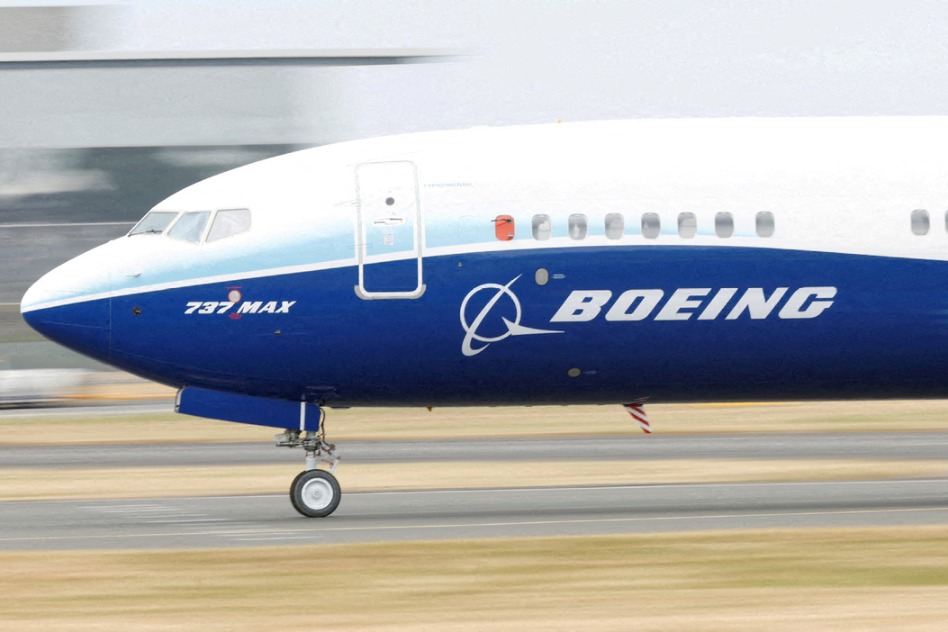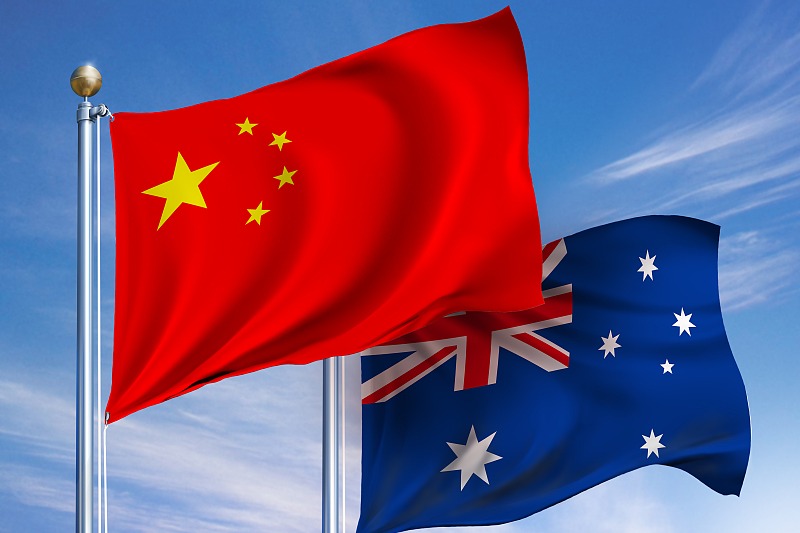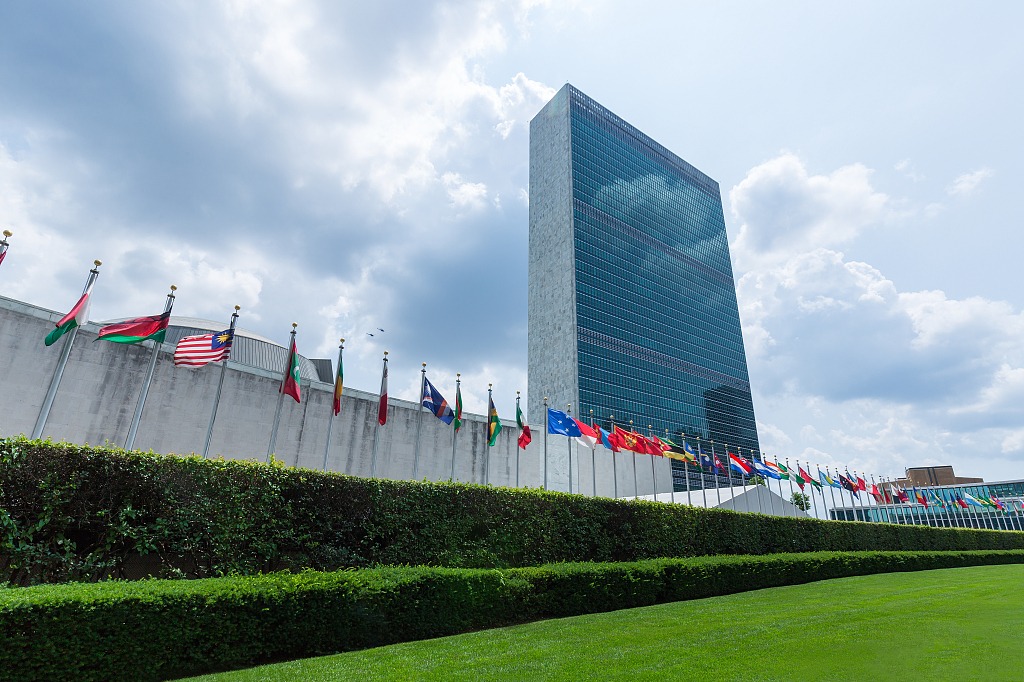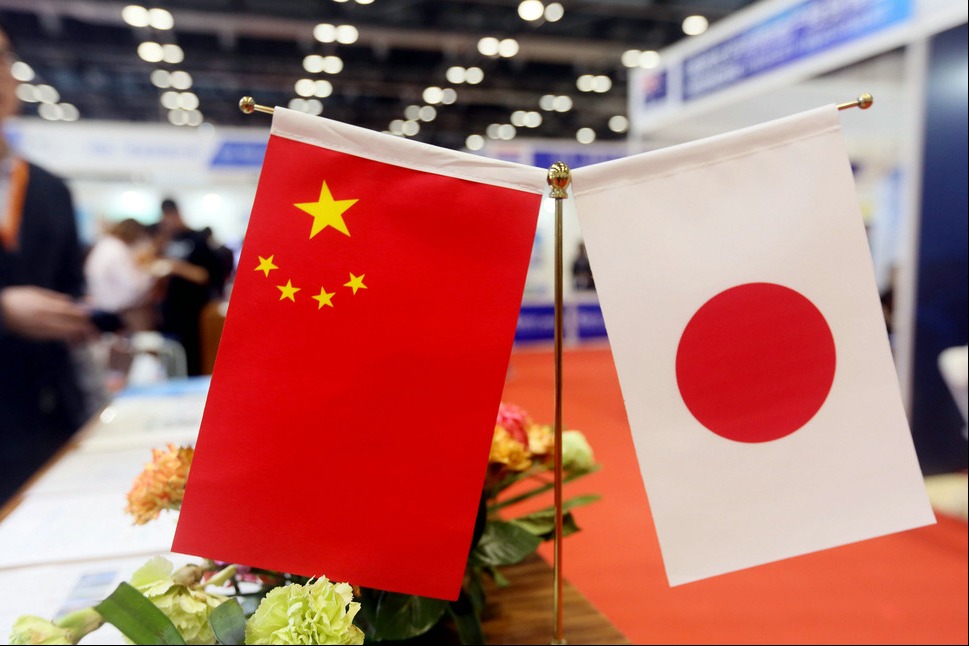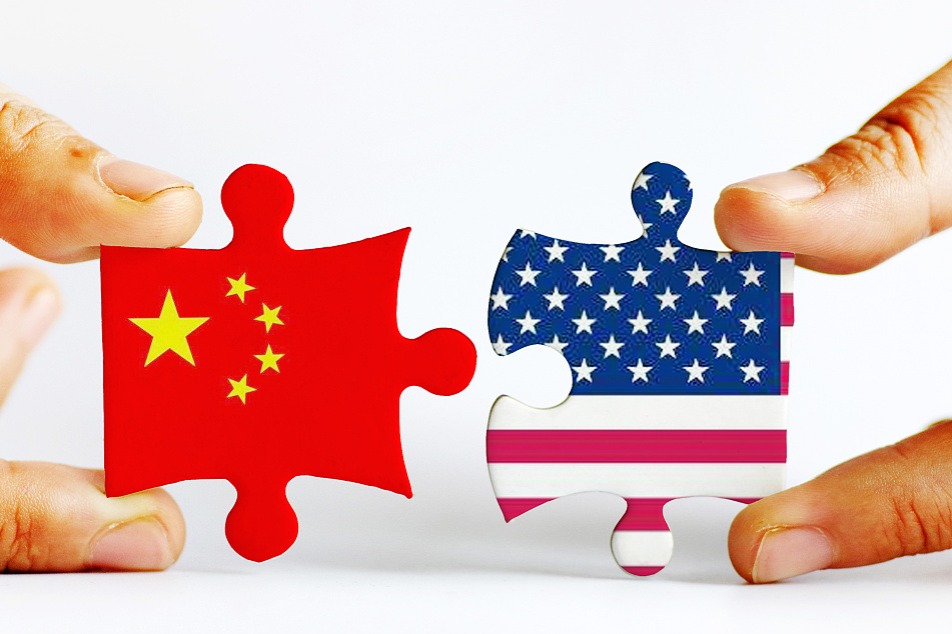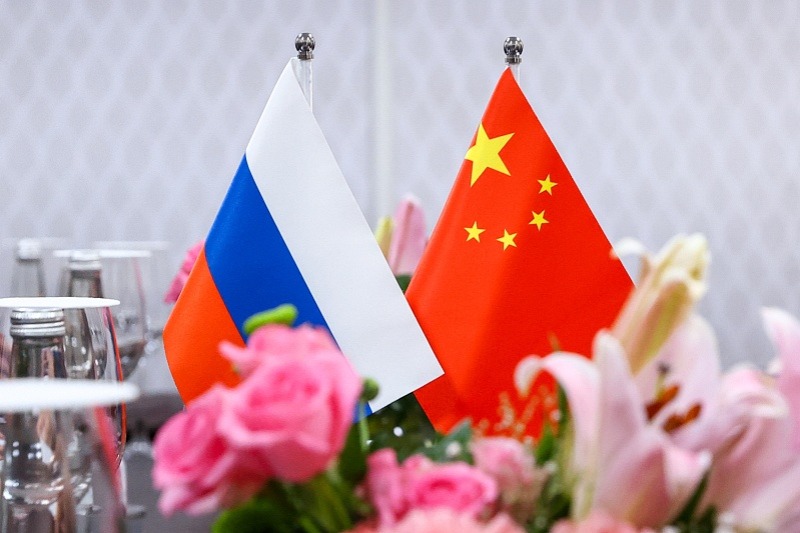China's rejuvenation comes from the hard work and solidarity of its people

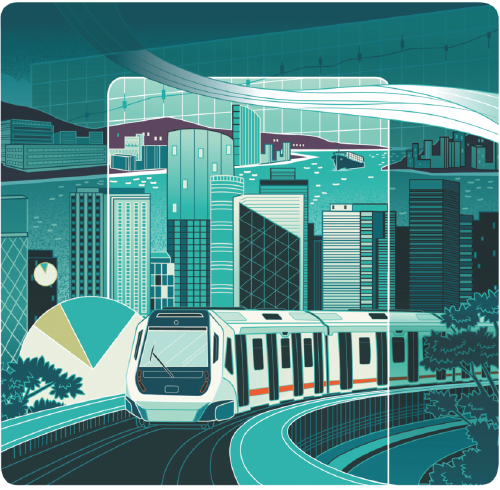
When French journalist Alain Peyrefitte's book When China Awakes, the World Will Tremble was published in 1973, China was a backward country. Its annual per capita income was only $132, which ranked 114th in the world.
Peyrefitte's book title was a reference to a remark by Napoleon Bonaparte, who in 1816 said, "Let China sleep, for when she wakes, she will shake the world." And in 2019, China clearly had awakened, although its per capita income was $10,262, ranking 68th in the world, and its GDP was $14.342 trillion, second only to that of the United States. And China's GDP is expected to surpass that of the US in 2028, not 2033 as previously estimated.
The people of Asia, of developing countries around the world, welcome the rise of China. They have benefited from China's rise and have every reason to emulate the Chinese experience. China was able to break the yoke of colonialism and escape poverty and backwardness. It has developed advanced technologies and academic, economic and administrative institutions, some of which are leading the world. China's path to development is inspirational to other developing countries.
China's revitalization does not rely on colonizing or plundering other countries, and neither does China seek to impose its own development model, culture, institutions or standards on others.
Fundamentally speaking, China's rejuvenation comes from the hard work and solidarity of its people. It has followed a balanced path, drawing strength from both its own traditional philosophies and the experiences of other countries, especially those of the West. According to an IMF World Economic Outlook report, China's outbound investment in 2019 accounted for 1.09 percent of its GDP, compared with zero in 1993. If China can come this far, feeding and educating one-fifth of the world's population, why cannot other countries follow in its footsteps?
The Renaissance used to be a beacon of inspiration for people who tried to learn from the West. However, after the Renaissance, the West inflicted racism, colonialism, imperialism and Western superiority on the world. The Western powers invaded, occupied, plundered and exploited other nations in the colonial era and have imposed embargoes, sanctions, suppression and discrimination in the post-colonial era.
They also have destroyed other countries' historical traditions, divided societies and hampered their development paths. By using the scheme of divide and rule and disputed border demarcations, they have even plunged some former colonies into protracted civil wars. As a result, the world has been divided into two parts: the modern developed world of the North, and the poor and backward countries of the South.
In its fight against imperialism, colonialism and for national independence, based on its actual situation, China adopted the strategy of "encircling the cities from the countryside" and achieved national liberation. In its pursuit of development, China did not destroy all the old traditions, nor did it Westernize completely. Instead, it has consciously combined Confucianism with scientific socialism. Through trials and tribulations, China has blazed a development path different from that of the West. The country has mobilized its people to develop infrastructure and pillar industries, creating a transportation network that effectively connects its vast land. China has chosen the path most suited to its national conditions and leveraged its labor resources. It has promoted development and fair competition, rather than coercion and conquest.
The path to a new world order is synergy, integration and competition, not hegemony.
To build a new world order the East and the West must be integrated. Any form of hegemony, control or imposed values is simply a dead end. The world order is not about a single political ideology or religious belief, be it communism or capitalism, Islam, Christianity or Judaism. It should respect all systems and religions, enable dialogue, set fair standards, give voices to all parties, and put all nations and peoples on an equal footing. It should be fair and transparent, not manipulated by a clique of nations, secretly or semi-secretly in the name of the "international community". In some areas, the so-called international community now represents only the interests of a handful of countries and blocs, which want to control money, power and the key sectors. They have weaponized the media, the internet and banks, and use military operations and intelligence to suppress and control other countries. The way they handle international affairs lacks transparency, which often runs counter to the interests of humankind.
Like citizens of a nation, regardless of their wealth, all countries of the world are entitled to their rights and have obligations to shoulder. There should not be "second-class" citizens or nations. There is no such thing as a perfect nation with absolutely good governance, nor a completely rogue and terrorist nation. If a country is flirting with the idea of invading another country or actually taking actions, the international community should be able to define such aggression and show a united front based on internationally accepted standards.
The absence of universally accepted criteria to define concepts such as aggression, terror, injustice, freedom and slavery, should never be excuses for certain countries to take matters into their own hands, in the name of the international community, and deprive other countries of their legitimate rights. Those that do so are the power-hungry countries that have a history of colonizing, invading and isolating other countries. They have not cast off their colonial mentalities and dream of going back to their old ways. The occupiers of the Palestinian territory and their supporters are a telling example.
The United Nations has condemned colonialism and the deprivation of others' rights. Chapter XI of the UN Charter and a raft of UN resolutions have stated the importance of independence of former colonies, emphasized the self-government of their peoples, and condemned racism, colonialism, terrorism, and the transatlantic slave trade. The UN, which regarded colonization as a crime against humanity, has pledged to eliminate all forms of colonialism, demanding reparations be paid to former colonies.
Belt and Road Initiative a return to equality and fair competition
Detouring from the ancient trans-Eurasian Silk Road, Europeans went on maritime expeditions to seek new trade routes that ushered in an age of geographical discovery. A case in point, Christopher Columbus's voyage was intended to pioneer a new sea route to bring spices from India. The European maritime discoveries confirmed the Earth is round and discovered new continents, contributing to the development of human society and civilization.
However, the fruits of these geographic discoveries and the scientific achievements of the Enlightenment have been used by the West to pursue colonialism on a scale rarely seen in human history. We must be aware that any achievement of the West has come at the cost of the great suffering of people in other countries and regions and its colonialism is the reason why the world is divided between the North and the South, the West and the East, the developed and the developing countries.
Moreover, over the past several centuries, although the West has led an improvement in human capacity, the world's ecosystems and the environment have paid a hefty price for that. Specifically, it has disrupted the balance between the material world and the spiritual life, between individuals and collectives, and between humans and nature. It has broken the bonds between different continents and regions, and advocated a barbaric life philosophy centered on egoism, hedonism and mercantilism.
The Belt and Road Initiative, a revival of the ancient Silk Road, aims to restore the balances that have been lost. The term, Silk Road was coined in 1877 by the German geographer Ferdinand von Richthofen to describe the ancient network of trade routes connecting Asia, Africa and Europe. Before he used the word, this extensive trade network had existed for hundreds of years, when the East and Asia were the unrivalled center of the world economy, science, governance and religion. However, with the rise of Western colonialism, the centrality of Asia declined. The Silk Road used to be the logistical, cultural and social networks of ancient times, enabling cultural exchanges and people-to-people contacts between countries, but it was torn apart by Western colonialism.
Some countries find the rise of China and the revival of the Silk Road quite upsetting because they fear a return to equality and fair competition and a rejection of discrimination, arrogance and unfair development. Turning to the East does not mean abandoning the West but letting the East and the West play to their respective strengths. It breaks away from countries bolstering themselves at the expense of others, from enriching themselves at the cost of impoverishing others, from moving ahead at the price of dragging others down, and from forcing others to accept their rules and values.
Reviving the ancient Silk Road responds to the fundamental needs of people all over the world. In ancient times, countries vied to go to the Middle Kingdom, now China is embracing the countries of the world. In either direction, the engagement is mutually beneficial, but some Western countries are trying to distort this fact. The Belt and Road Initiative, proposed by Chinese President Xi Jinping in 2013, is of great significance for China and for the revitalization of the East, Asia, the West and the world.
As of Jan 30, China had signed 205 agreements with 140 countries and 31 international organizations under the framework of the Belt and Road Initiative. Essentially, the ancient Silk Road provides a gateway for the world to explore and understand China, opening a door for a deeper understanding of the mysterious Chinese civilization, especially its silk-making technique. Trade between the East and the West was an important vehicle in the renaissance of the East and Asia. The Silk Road helped with the exchanges of the goods and the spread of culture, religion, customs, experience and social values. After centuries of unbalanced and unfair colonial rule, the Belt and Road Initiative, which is the new Silk Road, will be an effective path to restore balance and fairness.
Just like the Silk Road was needed in the old days, our era calls for the Belt and Road Initiative. The Silk Road connected people and civilizations for hundreds of years, and the Belt and Road Initiative will too. The initiative heralds the return of Asia and Africa. Indeed, it is a path to rejuvenation for all nations. It aims to promote exchanges and mutual understanding, not to destroy other civilizations or steal their wealth.
A rising China inspires all developing countries
The developing countries do not find China's rise unnerving, because China has proved to be a loyal friend. It has offered unwavering support in different historical periods, during the struggles for national liberation, the pursuit of development, and the efforts to protect values and traditions. China respects the sovereignty, traditions and values of other countries, which is a far cry from the Western countries that hard-sell their own systems, development models and values. The Communist Party of China is one of a kind, because it has no intention to export China's models and has great respect for other countries' choice of development path according to their national conditions, for there is no one-size-fits-all solution to realize national development.
From being semi-colonial and semi-feudal, China has achieved national independence and liberation by mobilizing the people and adopting the strategy of encircling cities from the countryside. Since it initiated its reform and opening-up in late 1970s, it has been committed to building a socialist market economy, keeping public ownership as the mainstay and allowing multiple forms of ownership to develop. It has given full play to market forces and leveraged both domestic and international markets, reaching a new level of development.
The model of the Soviet Union strangled competition by putting quantity before quality, state demands before the demands of the people, and central government before local government. Following the laws of the market, China has been working on satisfying consumer demands. Thanks to its market-based policies and production standards, made-in-China goods are very competitive, some of outshine Western products in terms of both quality and cost.
As a result, to dent China's growing influence and exports, the West has resorted to demonization and trade protectionism. The model of China has proven to have real and powerful strength to reinvent itself, sustain its development and help the world. The Western countries have reached an advanced stage characterized by better social welfare and the protection of civil rights; however, they did not get there overnight, and they must maintain long-term unity and stability to build up their strength and resolve their social conflicts.
History has proved and will prove again that if a country's national strength wanes, then both its capacity to cope with social conflicts and the scope of its people's freedom will shrink, whether it is a socialist nation or a capitalist nation.
China helps the developing countries formulate development plans and supports them in their defense of sovereignty and pursuit of national liberation and independence. Directly or indirectly, it has helped developing countries improve the living and working conditions of low-income groups by providing them with high-quality yet inexpensive goods.
For instance, as far as Iraq is concerned, China has been a loyal friend. It respects our sovereignty and our choices, and it has never imposed its own development model, values or policies on us as other countries did. It does need energy, but it has cooperated with us in good faith. Back in 2008 and 2009, while other foreign oil companies were hesitant to do business in Iraq, China National Petroleum Corporation signed cooperation agreements with the Iraqi Ministry of Oil, which ushered in China-Iraq cooperation. Because of China's help, the capacity and exports of the Iraqi oil industry have jumped respectively from being the world's eighth and 10th to be fourth and third in the world.
At this moment, Iraq ranks second among the OPEC countries for both oil exports and production capacity. Chinese companies are critical for the Iraqi oil industry, for it has introduced a lot of know-how and experiences to Iraq through personnel exchanges.
The Belt and Road Initiative offers a strong framework for cooperation, and the oil contracts with China have provided impetus for Iraq's recovery, financing many large projects and providing financial, technological, institutional and legal tools for sustainable economic, political, security and social development. The booming cooperation with China has declared Iraq's departure from being a rentier state that is rife with corruption and unfinished projects. Now Iraq's fiscal revenue is no longer subject to the fluctuations in the international oil market.
Sowing the seeds of fear is ultimately self-defeating
China is another target of Western demonization. The victims are numerous, as any country refusing to take orders from the West and pioneering its own path of socioeconomic development is always demonized by the West. When it comes to punishing these "unruly" countries, the West tends to be rather arbitrary. Imposing harsh sanctions or showing some lenience is based entirely on its own calculation: how much money they have lost and how defiant the other party is.
Since the Donald Trump administration took a series of unilateralist moves, the US and China became more estranged. The Western media have demonized China on full throttle. At the beginning of the millennium, over 60 percent of the people in the West had a positive view of China. However, the poll result would be quite different now, partly because the West has kept painting China in a bad light.
In the past, Western countries, especially the US, benefited from their investment in China, and their multinational companies achieved innovation and business success in China. As it started to claim an increasingly larger share of global trade and investment, establish its own telecommunications, trade and industrial systems, and make breakthroughs in high-tech fields (for instance, its moon and Mars probes), China has enjoyed more political clout in the region and even the world at large. The shift in dynamics has provoked the West to demonize China and peddle the so-called China threat theory.
There is talk about China overtaking the US, the East defeating the West, and the failure of the West. Some people are simply sharing how they interpret the situation as they see it, but some are sowing the seeds of fear.
The truth is that no one is trying to defeat the West. It is self-defeating for anyone to destroy the West, and it is equally self-defeating for anyone to destroy the East. The West is still strong, with great innovation capacities. Of course, colonization, aggression and racial discrimination have been defeated or will be defeated. This is not discrimination against the West, but a universal norm applied to the world.
External forces have neither the will nor the ability to defeat the West; the West can only be defeated by itself.
If the West continues to cling to its failures, insists on seeking a tangible or intangible hegemony, sacrificing the interests of most countries for the interests of a few, adopting double standards and playing geopolitical games, it will meet its own demise.
More and more people have come to realize that destructive conflicts are not in the interests of humanity, and that mutual cooperation and acceptance are in the interests of all peoples. This is the general trend. The West has made indelible contributions to human development, but if it fails to reflect on its own history, experience, and relations with other countries, if it refuses to reposition itself in the world, it will lose its great legacy and the trust of the whole world. I am heartened to see many leaders, social activists and young people in the West share my view.
In the future, all the nations will regain their right to equal development. They will be free from plunder, sanctions and oppression, violence, terrorism and extremism. The oppressors will be defeated by themselves. Regardless of where the oppression comes from, the oppressed will rise up and claim the final victory.
The author is former prime minister of Iraq. The views do not necessarily reflect those of China Daily.
















